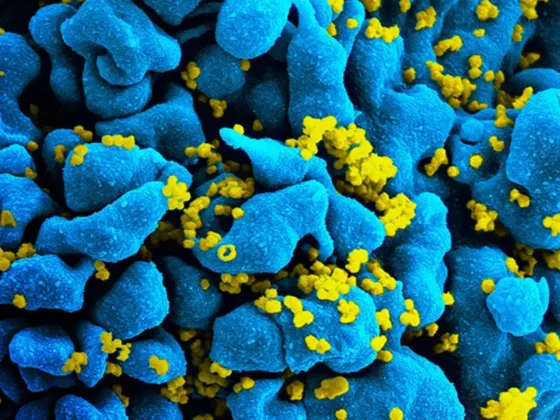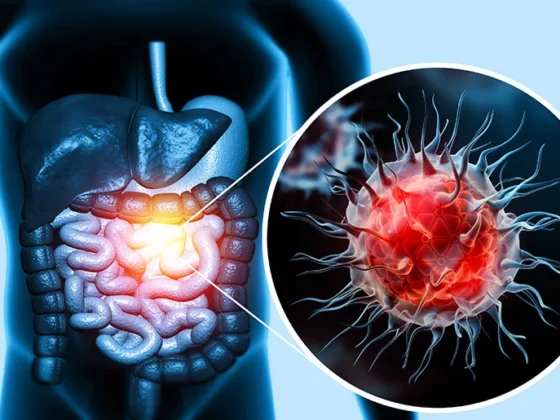New Delhi, 05 December 2024: In Punjab, the shocking figure of 105 cancer-related deaths every day has raised urgent alarms for action. Sant Balbir Singh Seechewal, a member of Rajya Sabha, spotlighted this issue in Parliament, advocating for free cancer treatment for those in need. Why is this crucial? Firstly, the high costs associated with cancer treatment can be overwhelming. Secondly, many dedicated individuals find it challenging to access necessary medical care. Thirdly, this health crisis is overshadowing the region’s rich agricultural and military heritage. Fourthly, cancer cases are escalating, especially in rural communities. Lastly, it is imperative for the government to ensure affordable healthcare for everyone. The solution lies in prioritizing initiatives that provide free cancer treatment.
The Financial Challenge of Cancer Treatment
Cancer treatment comes with sky-high expenses, creating a significant challenge for families in Punjab. Seechewal expressed concern that many hardworking people are unable to bear these costs, no matter how hard they strive. This financial pressure not only impacts patients but also their families, leading to lasting economic struggles even after treatment ends. The pressing need for free treatment is evident, as it could ease the financial strain on families grappling with both the illness and its hefty price tag.
Disturbing Statistics: The Reality of Cancer in India
According to the National Cancer Registry Program from the Indian Council of Medical Research, India faced an alarming 1.4 million new cancer diagnoses in 2022, equating to roughly 4,109 new cases each day—a deeply troubling trend. Seechewal highlighted the growing incidence of lung cancer in men and breast cancer in women, pointing to a concerning demographic shift among cancer patients. The climbing death rates further amplify the urgency; cancer claimed 790,000 lives in 2021, surging to 900,000 in 2022. These figures underscore a national health crisis that demands swift action.
The Effect on Rural Communities
Seechewal expressed specific worry for rural regions, where healthcare options are often limited. In these communities, timely and effective cancer treatment is hard to come by, resulting in avoidable fatalities. The absence of financial support and healthcare facilities raises significant questions about how effective the current healthcare framework is. The stark contrast between urban and rural healthcare services must be addressed to guarantee all patients receive the care they require, regardless of where they live.
Inadequate Financial Assistance for Cancer Treatment
Even with existing financial aid programs, Seechewal stressed that they are inadequate to meet the increasing demand for cancer treatment. More substantial support systems are essential, particularly in underprivileged areas where the weight of cancer is felt most severely. He urged the government to improve financial aid for cancer patients to avert further losses. This assistance could manifest through subsidies, free treatment programs, and increased investment in cancer care facilities.
The Human Impact of Cancer
The human cost of cancer is staggering, resulting in thousands of lives lost each year. Seechewal’s remarks underscore the tragedy of losing a patient due to a lack of treatment or financial means—an outcome that reflects poorly on the healthcare system. Each statistic represents a family grieving the loss of a loved one, accentuating the immediate need for systemic change. The government must prioritize affordable healthcare initiatives to address this growing crisis and save lives.
The increasing cancer mortality rate in Punjab is a stark reminder for the government and healthcare authorities. With 105 deaths each day, the demand for free cancer treatment is more crucial than ever. As Seechewal aptly highlighted, the healthcare system must adapt to alleviate the financial burdens faced by patients and their families. By prioritizing accessible healthcare and enhancing assistance for cancer treatment, we can work towards lessening the devastating impact of this disease on our society. Immediate steps are required to ensure that no individual suffers due to an inability to afford treatment, thus safeguarding the well-being and future of our communities.









